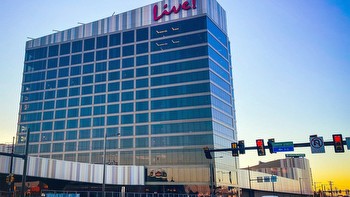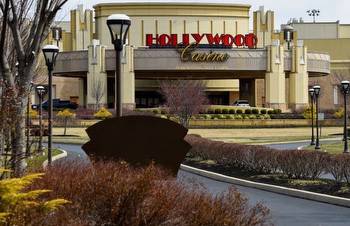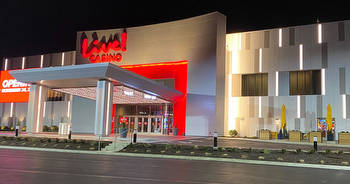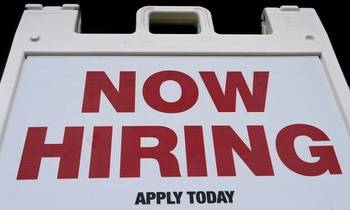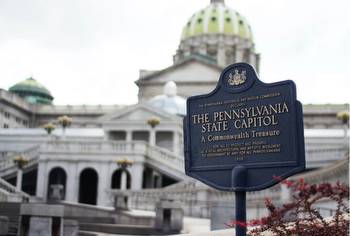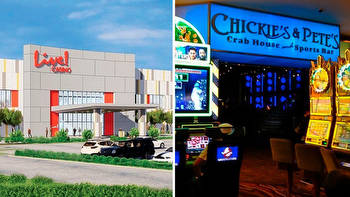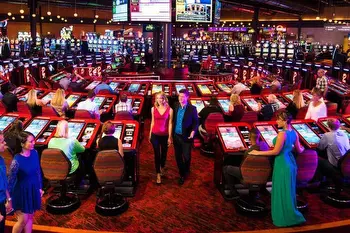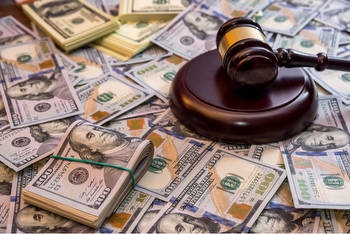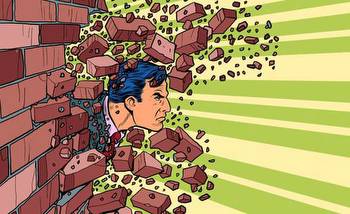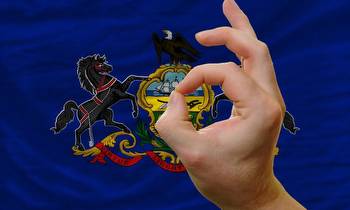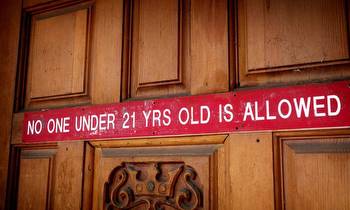Hempfield casino fined $30K for allowing gaming access to underage, self-excluded patrons
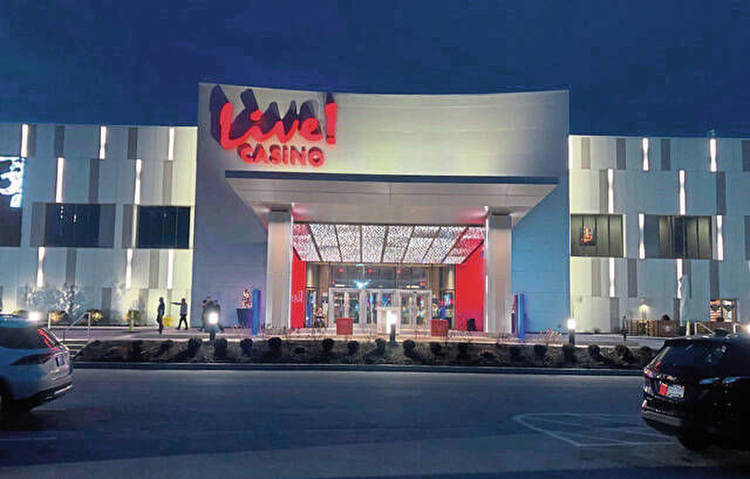
Live Casino Pittsburgh has been fined $30,000 for allowing access to its Hempfield gaming floor by a man who was younger than 21 and by two women who were on a casino self-exclusion list administered by the Pennsylvania Gaming Control Board.
One of the women was on the gaming floor at the Westmoreland Mall venue for more than seven hours before being removed by casino security, according to the board.
The board offers self-exclusion programs that allow people affected by problem gambling to voluntarily ban themselves from casinos, internet-based gambling, video gaming terminals and fantasy sports wagering.
They can seek placement in the program for a period of one year, five years or for life, according to Gaming Control Board spokesperson Richard McGarvey.
McGarvey noted casinos are not to provide player cards or send promotional materials to anyone on the self-exclusion list, which is updated weekly.
He said the list is provided to casinos, mainly directed to the security staff or the player interaction staff. If someone on the list attempts to enter a casino’s gaming area, they are to be turned away.
“Many people get caught through being recognized” as repeat patrons, he said. “If they win a jackpot, they have to give their ID and can get caught that way.”
“Live Casino understands the seriousness of both compulsive and underage gambling,” casino general manager Sean Sullivan said in an emailed statement. “These self-reported incidents represent a rare occurrence at our facility. We continually implement ongoing training and review our security procedures to ensure we’re providing a safe and entertaining experience for our guests.”
The Gaming Control Board announced fines totaling $30,000 for the three incidents as part of consent agreements reached through negotiations with Live Casino Pittsburgh and approved at the board’s public meeting on Wednesday. The casino also was assessed $5,000, to cover related board staff costs.
According to one of the consent agreements, a 20-year-old man arrived among a group of patrons on Nov. 12 and spent about seven minutes on the Live Casino gaming floor, during which he played at a slot machine.
The agreement indicates a staff member allowed the man to enter the gaming floor although his identification indicated he was underage when it was scanned into the casino’s Veridocs system. The system automatically notified casino surveillance, which, in turn, notified casino security about the underage man.
Security eventually found the man and escorted him out of the casino, as well as the other members of the group, who were not fluent in English.
According to the consent agreement, the staffer who admitted the underage man to the gaming floor told the casino’s security management he didn’t notice the 20-year-old because he was distracted when another member of the group of legal age attempted to enter without stopping at the security checkpoint.
The agreement noted the casino’s Veridocs system failed to detect any problem with the second person’s identification, although it was expired.
That staffer was provided with “final notice and coaching,” according to the agreement.
“If that gentleman makes another mistake, he’ll be terminated,” Sullivan told the board at its meeting.
“When humans are involved, occasionally these things slip through the cracks,” Sullivan said. “But we don’t take it lightly, we take it very seriously.”
“Underage gaming is the thing we fine casinos for more than anything else,” said McGarvey. The Gaming Control Board has issued $3.6 million in fines for underage violations since 2007.
The Nov. 12 incident marked the first time Live Casino Pittsburgh was assessed an underage-related penalty, after it received a warning letter following a previous similar occasion.
The casino now has been assessed two penalties for failing to enforce the self-exclusion list. It also was issued two warning letters and participated in one compliance conference pertaining to self-exclusion enforcement.
Self-exclusion violations have resulted in $760,000 in fines at Pennsylvania casinos, according to McGarvey.
Jeff Himler is a Tribune-Review staff writer. You can contact Jeff by email at jhimler@triblive.com or via Twitter .









